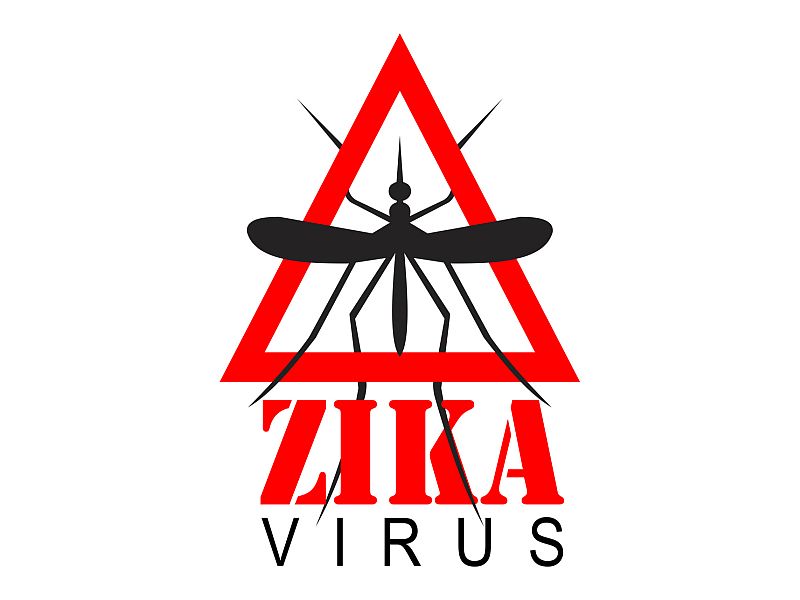
An experimental Zika vaccine shows promise, researchers report.
In animals infected with Zika virus, the synthetic DNA-based vaccine was 100 percent effective in protecting against infection, brain damage and death, the study found.
“Our results support the critical importance of immune responses for both preventing infection as well as ameliorating disease caused by the Zika virus,” said lead researcher David Weiner. He is executive vice president and director of the Vaccine Center at The Wistar Institute in Philadelphia.
“As the threat of Zika continues, these results provide insight into a new aspect of the possibly protective ability of such a vaccine as a preventative approach for Zika infection,” Weiner added in an institute news release.
Therapies that look promising in animals often don’t work in humans. However, the vaccine is being tested in two human clinical trials, with results from one study expected to be reported by year’s end, the study authors noted.
Zika virus produces a relatively mild infection in adults, with only one in every five people showing any symptoms at all, according to the U.S. National Institutes of Health.
Instead, Zika poses the biggest health threat to the fetus. That’s because the virus causes severe birth defects including microcephaly, where babies are born with too-small skulls and underdeveloped brains.
More than 2,000 children have been born with microcephaly or birth defects of the central nervous system in Brazil, the nexus of the Zika outbreak in South America, according to the World Health Organization.
More than 60 countries have reported mosquito-borne transmission of Zika virus.
And nearly 4,000 cases of Zika infection have been reported in the United States, according to the U.S. Centers for Disease Control and Prevention. Most are travel-associated, but more than 100 cases originated within the United States.
So far, there are no licensed vaccines or treatments for Zika, according to the researchers.
The study was published Nov. 10 in the journal npj Vaccines.
More information
The World Health Organization has more on Zika.
This Q & A will tell you what you need to know about Zika.
To see the CDC list of sites where Zika virus is active and may pose a threat to pregnant women, click here.
Source: HealthDay

Leave a Reply